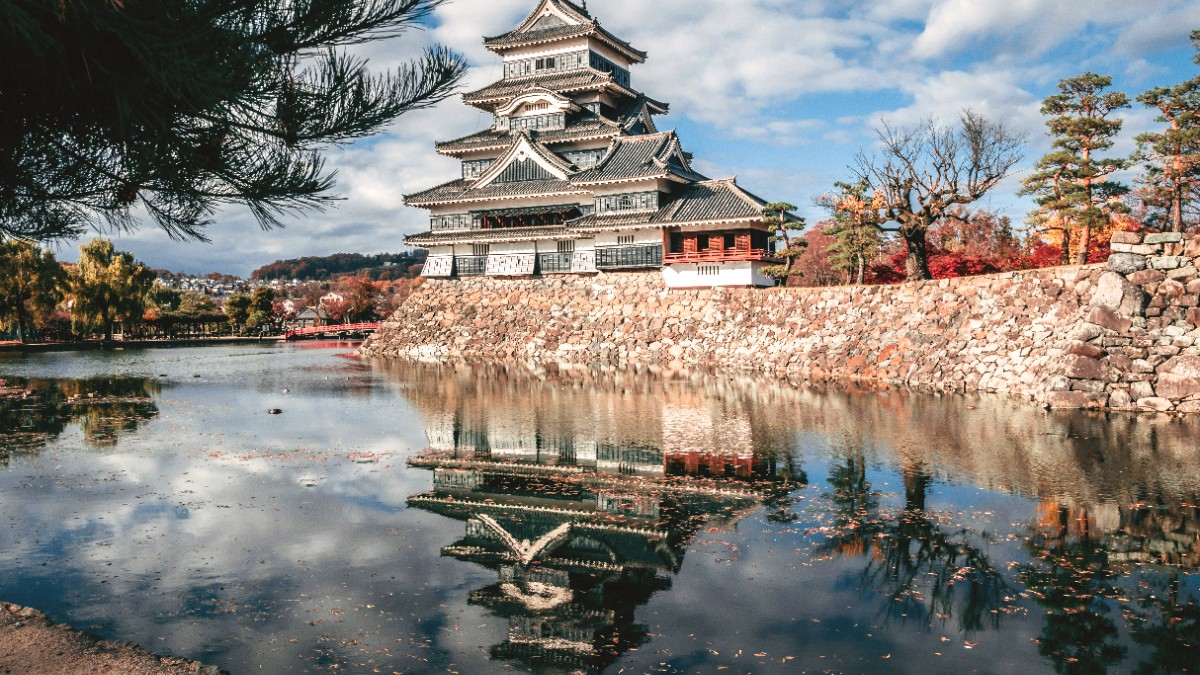
West Of Tokyo, Japan
These must-visit sites offer historical and cultural context.
The best chances for clear Mount Fuji views are typically in the morning during autumn and winter, especially from the Hakone Ropeway or the Pirate Ship on Lake Ashi. Komagatake summit, accessible by ropeway, also provides spectacular unobstructed views.
Always check current advisories for Owakudani due to volcanic gas levels.
Reconstructed Edo Period checkpoint. Open 9:00-17:00. Admission: ¥500.
Sections of the ancient highway connecting Edo and Kyoto, preserved for walking.
Peaceful, less-crowded temple with hundreds of Rakan statues, beautiful in autumn.
Former imperial villa grounds, public park with views of Lake Ashi and Mount Fuji.
Secluded temple near Hakone-Yumoto, known for hydrangeas in summer.
Hakone’s natural beauty is a draw, with stunning landscapes shaped by volcanic forces.
French-style botanical garden. Features a fountain, tea house, and craft house. Open 9:00-17:00. Admission: Free with Hakone Free Pass, otherwise ¥550.
Showcases diverse wetland plants native to Japan, for a tranquil walk.
Owakudani is a prime example of volcanic geology. Other features include volcanic lakes and hot springs.
The prominent lake offers cruises and water activities. No beaches in Hakone itself.
Best from Hakone Ropeway, Hakone Sightseeing Cruise, or lookout points around Lake Ashi. Clear views are most common in autumn/winter mornings.
Natural areas have various bird species and small mammals. Birdwatching may be rewarding.
A unique volcanic landscape with active vents and hot springs, accessible by ropeway.
This area turns a spectacular golden color in autumn, a beautiful natural spectacle.
A caldera lake with serene waters, perfect for scenic cruises and enjoying nature's calm.
Beyond popular spots, Hakone holds quieter corners and local favorites for a more authentic experience.
Capture the essence of Hakone with these distinctive scenes.
Whether it's the interplay of art and nature, dramatic volcanic landscapes, or serene lake reflections, Hakone presents many opportunities for memorable photographs.
Hakone's landscape offers dramatic and peaceful natural backdrops.
Capture the iconic symbols and cultural elements of Hakone.
Hakone's art museums and serene temples offer visual delight.
Seek out quieter areas for unique, less-seen perspectives.
Book attraction tickets and guided tours in advance for smooth travel.
Pre-purchase tickets online for popular museums and attractions to save time.
Consider a guided tour for insights into Hakone's history and culture.
Download audio guides or maps to explore at your own pace.
Often the best source for direct ticket purchases and up-to-date information.
For custom tours or group bookings, local travel agencies are available.
A convenient pass that covers transportation and discounts on many attractions.
For last-minute bookings or local insights, check the tourist information centers.
Respect local customs and rules when visiting museums and cultural sites.
Observe proper behavior at temples and shrines.
Attractions may have varied hours or accessibility based on the season.
Autumn foliage and spring cherry blossoms are peak seasons, expect larger crowds and higher prices.
Hakone's natural environment offers glimpses of local wildlife and direct encounters with active geological features.
While not a dedicated wildlife destination, patient observers may spot various species.
The region's volcanic origins are evident in several unique geological features.
Hiking trails offer opportunities to experience geological wonders up close and discover panoramic views.
Wear comfortable shoes and bring water for trails.
When visiting active volcanic areas, prioritize safety and follow all guidelines.
Volcanic gas levels can fluctuate, so stay informed.
Optimize your chances of seeing clear views of Mount Fuji and other natural wonders.
Views are weather-dependent and not guaranteed.
This park offers excellent views of Lake Ashi and the surrounding mountains, including Fuji on clear days. It is a peaceful spot for a leisurely stroll.
Features works by Japanese photographers focusing on landscapes and nature, often with Hakone themes.
Note that the Little Prince Museum is scheduled to close permanently in March 2025. Verify its status before planning a visit.